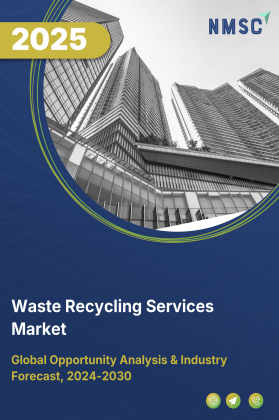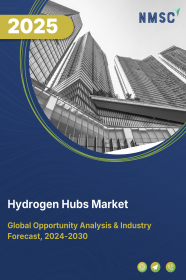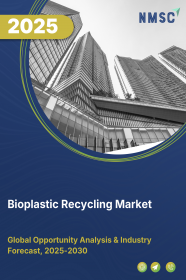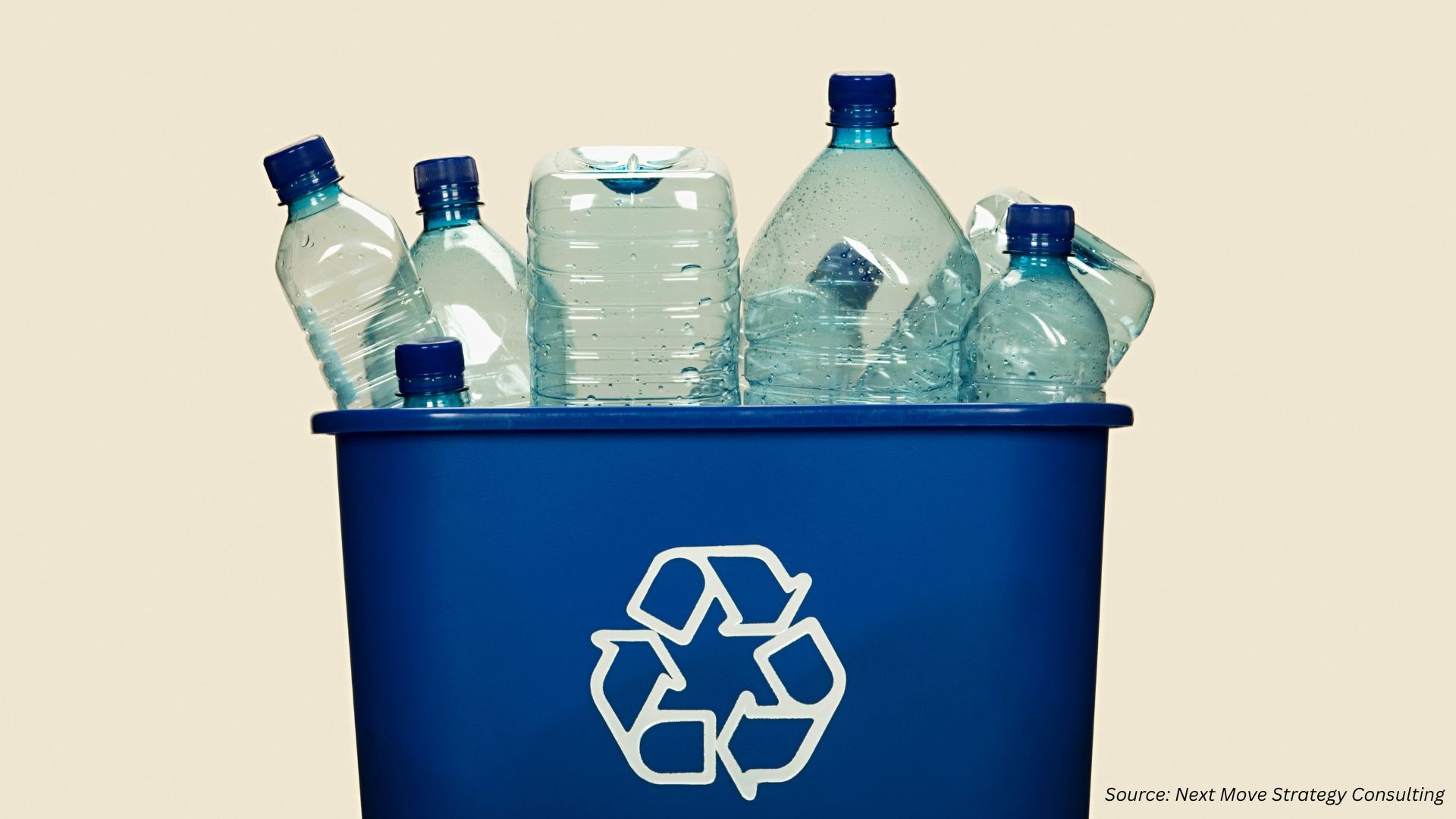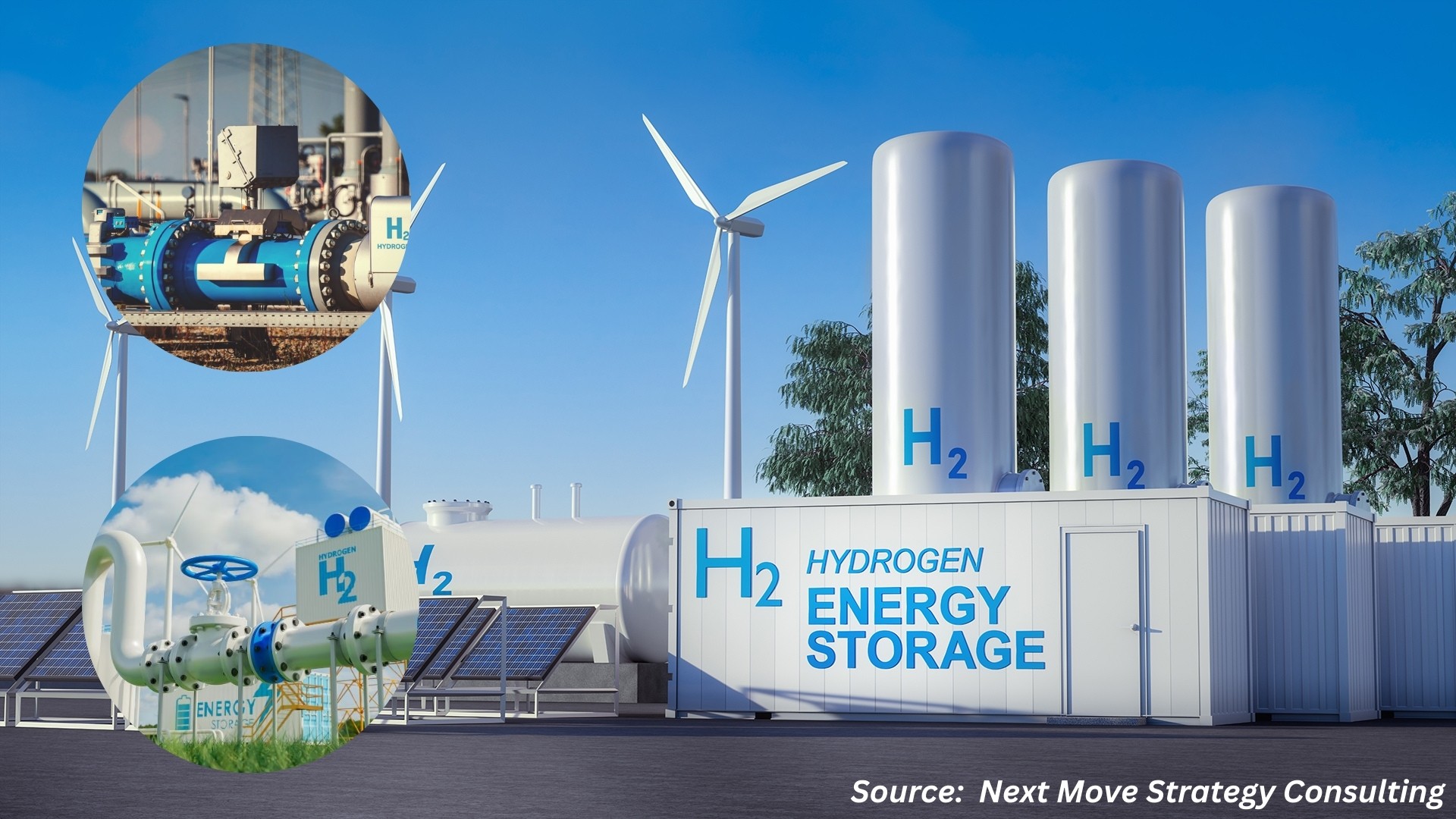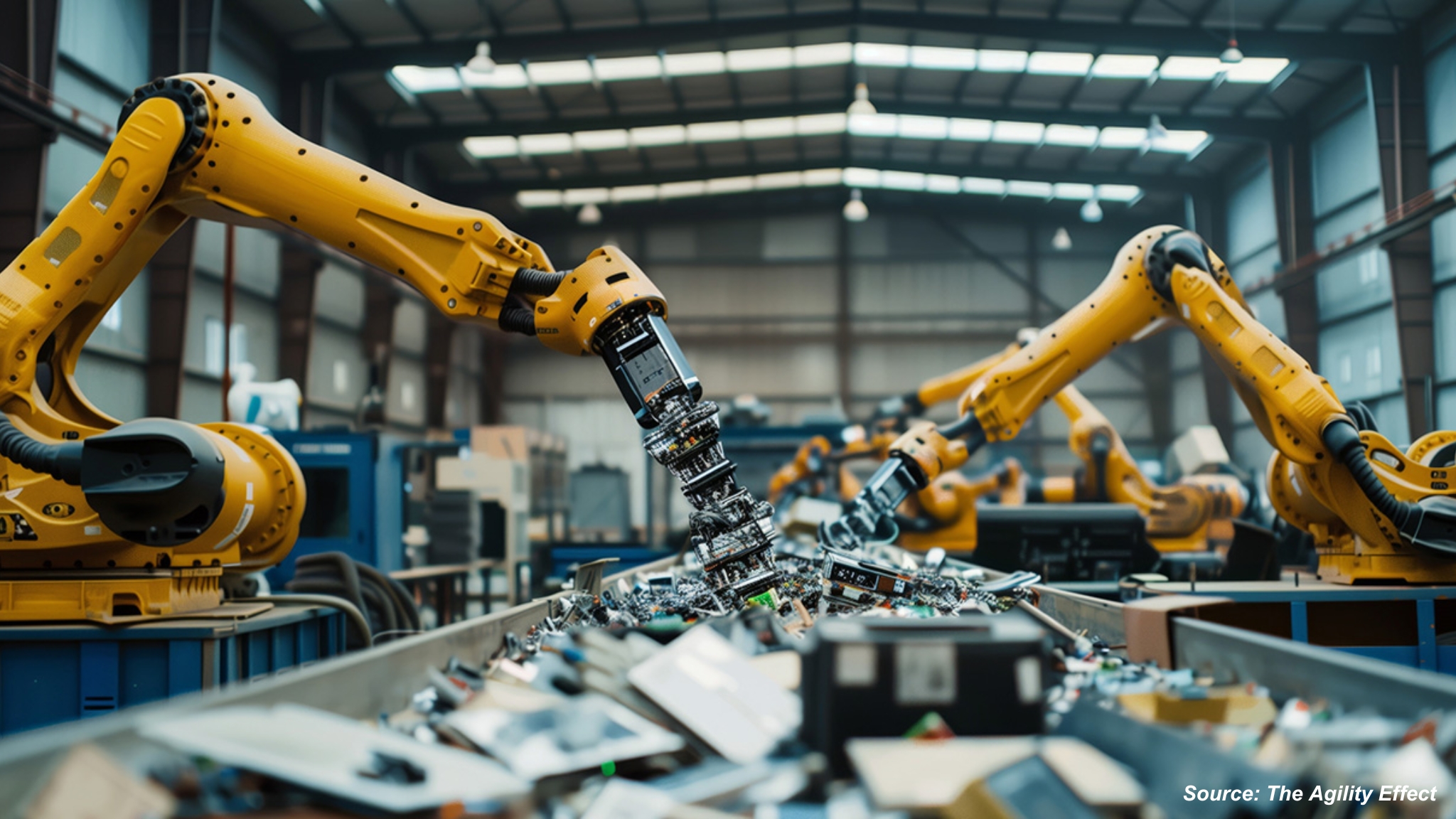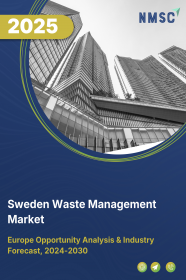
Sweden Waste Management Market by Waste Type (Hazardous Waste, and Non-Hazardous Waste), by Service (Collection, and Disposal), by Source (Residential or Municipal Waste, Commercial Waste, and Industrial Waste) – Country Opportunity Analysis and Industry Forecast, 2024–2030
Industry: Energy & Power | Publish Date: 10-Oct-2025 | No of Pages: 186 | No. of Tables: 148 | No. of Figures: 105 | Format: PDF | Report Code : EP2742
Industry Overview
Sweden Waste Management Market size was valued at USD 7.89 billion in 2023, and is predicted to reach USD 12.59 billion by 2030, at a CAGR of 5.80% from 2024 to 2030.
Sweden waste management market involves a wide range of services and activities aimed at managing and mitigating the impact of waste generated by various sectors including residential, commercial, industrial, and healthcare. It includes the collection, transportation, processing, recycling, and disposal of waste materials in a manner that is environmentally responsible and sustainable. The market also involves the development and implementation of technologies and practices that promote waste reduction, resource recovery, and the safe handling of hazardous materials.
Key components of the waste reduction market include waste collection services, recycling facilities, waste-to-energy plants, landfill operations, and environmental consulting services. As awareness of environmental issues grows, the waste reduction market continues to expand, driven by growing population, technological advancements, and increasing public demand for sustainable waste solutions.
Expansion of Mandatory Food Waste Separation and Bioenergy Initiatives
Sweden continues to tighten its regulations on organic waste handling, with municipalities mandated to roll out household and commercial food waste separation systems. This is significantly increasing the volume of organic waste redirected away from incineration and landfills. The rise in segregated organic feedstock is directly fueling the growth of anaerobic digestion and composting facilities, producing renewable biogas and nutrient-rich biofertilizers. Biogas is particularly critical for Sweden’s transport decarbonization strategy, as the government has set targets to eliminate fossil fuels in road transport by 2030. With a growing number of buses, trucks, and even ships being powered by biogas, food waste is now recognized not only as a challenge but as a valuable resource. This strong alignment between waste management practices and national energy transition goals is reinforcing the rapid expansion of bioenergy-driven waste solutions across the country.
Digitalization and AI-powered Solutions Driving Smarter Waste Collection
The integration of digital technologies is transforming the efficiency and sustainability of Sweden’s waste management ecosystem. Municipalities and private operators are increasingly deploying IoT-enabled smart bins that monitor fill levels, while AI-powered software optimizes collection routes to reduce unnecessary trips, fuel use, and emissions. Automated sorting systems using computer vision and robotics are enhancing recovery rates of plastics, metals, and paper, while blockchain-backed traceability platforms are being piloted to monitor material flows and ensure compliance with recycling quotas. These digital solutions are not only improving operational cost-effectiveness but also enabling data-driven policy decisions, supporting Sweden’s ambitions of becoming a zero-waste and fully circular society. The rapid adoption of such technologies is setting a benchmark in Northern Europe for how digitalization can elevate waste management to a more resource-efficient and sustainable level.
High Costs and Limited Infrastructure for Advanced Recycling Technologies
Despite Sweden’s strong recycling record, the country faces challenges in scaling advanced recycling processes such as plastics chemical depolymerization, textile fiber recovery, and large-scale electronic waste dismantling. These technologies require significant capital expenditure, specialized infrastructure, and long payback periods, making it difficult for smaller municipalities and private operators to adopt them. In addition, the uneven distribution of high-tech recycling facilities across the country creates regional disparities, where rural areas continue to rely more on conventional incineration or landfilling. The gap between ambitious national circular economy goals and the actual availability of advanced infrastructure poses a bottleneck, slowing down Sweden’s transition towards higher-value recycling and reuse pathways.
Industrial Symbiosis and Resource-sharing Clusters Expanding Across Sweden
Sweden is increasingly leveraging industrial symbiosis as a key opportunity to strengthen circularity in waste management. Building on the global success of Kalundborg’s Eco-Industrial Park, Swedish industries are exploring collaborative networks where by-products from one sector become inputs for another. Surplus heat from manufacturing plants is being directed into district heating networks, construction and demolition waste is being repurposed into new building materials, and industrial ash and slag are being utilized in cement production. Such resource-sharing ecosystems not only reduce waste volumes and landfill dependency but also create cost savings, strengthen business resilience, and foster innovation across industries. With growing government support and EU funding for circular economy initiatives, Sweden has the opportunity to expand these eco-industrial clusters nationwide, positioning itself as a global frontrunner in resource-efficient waste valorization.
Competitive Landscape
The promising key players operating in Sweden waste management industry includes Stena Recycling AB, Ragn-Sells AB, PreZero Recycling AB, REMONDIS Sweden AB, Sysav AB, Tekniska verken i Linköping AB, Renova AB, TOMRA Systems ASA, Envac Group, NSR AB, Uppsala Vatten och Avfall AB, Sortera Group AB, and others.
Sweden Waste Management Market Key Segments
By Waste Type
-
Hazardous Waste
-
Solid Waste
-
Liquid Waste
-
Gaseous Waste
-
-
Non-Hazardous Waste
-
Food
-
Paper and Cardboard
-
Plastic
-
Glass
-
Metal
-
Water
-
E-Waste
-
Others
-
By Service
-
Collection
-
Collection and Transportation
-
Storage and Handling
-
Sorting
-
-
Disposal
-
Open Dumping
-
Incineration/Combustion
-
Landfills
-
Recycling
-
Composting and Anaerobic Digestion
-
By Source
-
Residential or Municipal Waste
-
Commercial Waste
-
Offices and Retail Stores
-
Hospitals
-
Restaurants
-
Other Commercial Sources
-
-
Industrial Waste
-
Manufacturing Waste
-
Construction, Renovation, and Demolition Waste
-
Agriculture Waste
-
Medical Waste
-
Other Industrial Sources
-
Key Players
-
Stena Recycling AB
-
Ragn-Sells AB
-
PreZero Recycling AB
-
REMONDIS Sweden AB
-
Sysav AB
-
Tekniska verken i Linköping AB
-
Renova AB
-
TOMRA Systems ASA
-
Envac Group
-
NSR AB
-
Uppsala Vatten och Avfall AB
-
Sortera Group AB
Report Scope And Segmentation
|
Parameters |
Details |
|
Market Size Value in 2023 |
USD 7.89 billion |
|
Revenue Forecast in 2030 |
USD 12.59 billion |
|
Value Growth Rate |
CAGR of 5.80% from 2024 to 2030 |
|
Analysis Period |
2023–2030 |
|
Base Year Considered |
2023 |
|
Forecast Period |
2024–2030 |
|
Market Size Estimation |
Billion (USD) |
|
Growth Factors |
|
|
Companies Profiled |
12 |
|
Customization Scope |
Free customization (equivalent up to 80 working hours of analysts) after purchase. Addition or alteration to country, regional, and segment scope. |
|
Pricing and Purchase Options |
Avail customized purchase options to meet your exact research needs. |

















 Speak to Our Analyst
Speak to Our Analyst



